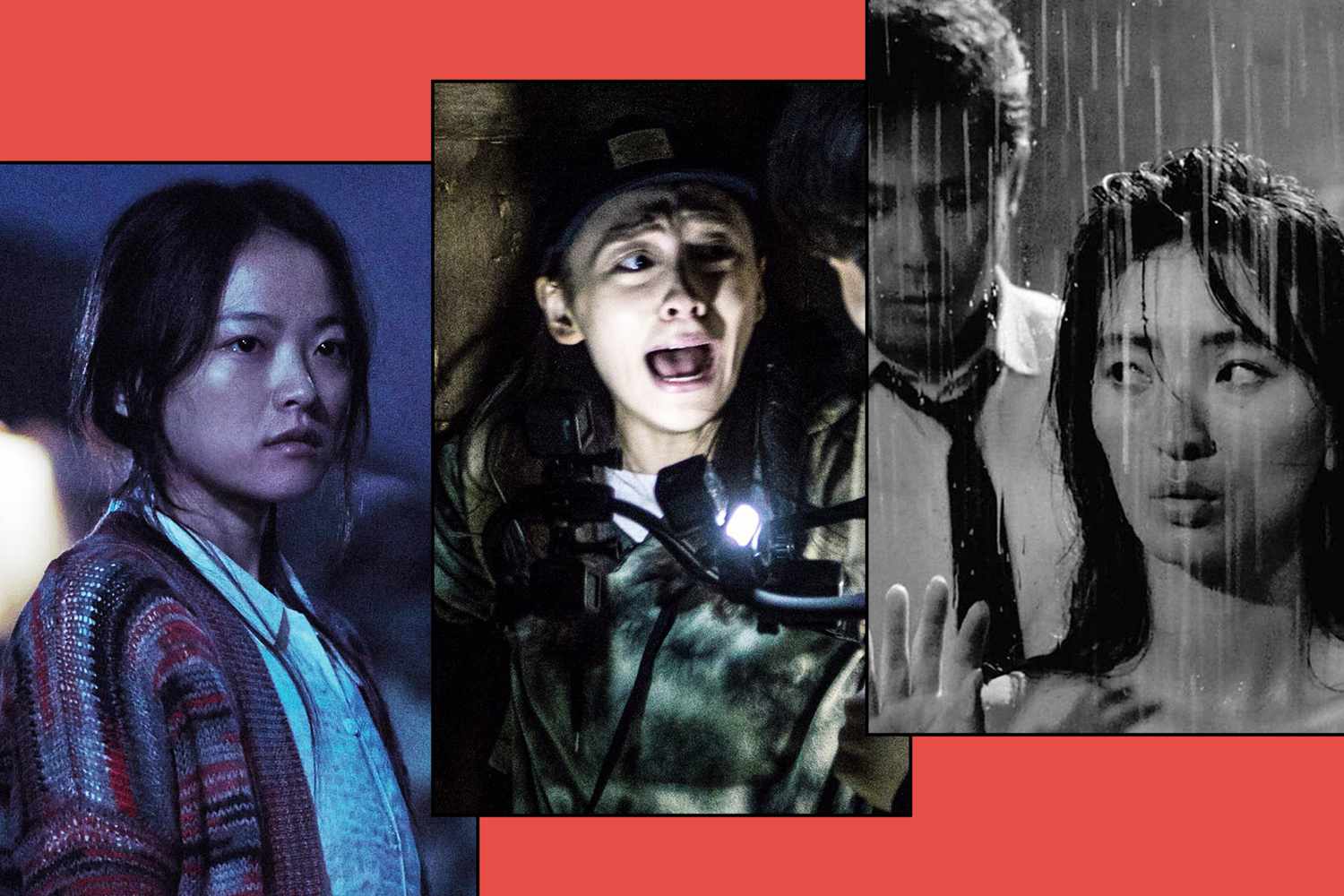
Discover the brilliance of Korean horror films, blending psychological terror and supernatural elements. From The Wailing to Train to Busan, explore why these films captivate global audiences.
Korean horror films have carved a unique niche in the global film industry by blending psychological depth with supernatural terror, making them a captivating genre for cinephiles. From the chilling 1960 classic The Housemaid to modern masterpieces like The Wailing and Train to Busan, Korean horror films masterfully explore societal fears, family trauma, and revenge. This genre stands out with its compelling storytelling, blending gore with intellectual themes. Let’s dive deeper into what makes Korean horror films so unique and globally influential.
The Rise of Korean Horror in Global Cinema
Korean cinema gained international attention with the Hallyu wave, which started in the early 2000s. This cultural phenomenon introduced the world to K-pop, K-dramas, and ultimately, the country’s groundbreaking films. With Oscar-winning movies like Parasite by Bong Joon-ho proving Korea’s storytelling prowess, the doors opened for horror films like The Wailing and Train to Busan to gain massive global recognition.
These films stand apart due to their layered narratives that intertwine supernatural elements with sharp social commentary. The genre thrives on exploring themes of societal collapse, class struggles, family dysfunction, and vengeance—often cloaked in ghostly apparitions or violent outbreaks.
What Sets Korean Horror Apart?
- Blending Genres
Korean horror films often refuse to stick to a single genre. For instance, Train to Busan isn’t just a zombie movie; it’s also a heart-wrenching drama about sacrifice and human connections. Similarly, The Wailing combines supernatural horror with a detective thriller, offering a gripping experience unlike anything else. - Intellectual Gore
Unlike traditional slasher films, Korean horror thrives on intelligent storytelling. Films like Oldboy (2003) and Memories of Murder by Bong Joon-ho weave brutality with thought-provoking narratives, making viewers reflect on broader societal issues. - Cultural Nuances
Korean horror films heavily draw from local folklore and myths. Ghosts, demons, and spirits often symbolize unresolved trauma or societal oppression, creating a culturally rich narrative. The Wailing, for instance, uses shamanistic rituals and exorcisms as a central theme to unravel its eerie mystery.
Iconic Korean Horror Films
The Housemaid (1960)
This classic by Kim Ki-young is a psychological thriller that set the foundation for Korean horror. It tells the story of a seemingly perfect middle-class family whose lives spiral into chaos after hiring a manipulative housemaid. Through its chilling narrative, the film explores post-war societal changes, class tensions, and repressed desires.
The Wailing (2016)
Directed by Na Hong-jin, this film is a masterstroke in blending mystery and horror. Set in a remote village plagued by mysterious deaths, The Wailing follows a police officer unraveling the eerie events. With its ambiguous ending, shamanistic rituals, and layered symbolism, it’s considered one of the best Korean horror films of all time.
Train to Busan (2016)
Gong Yoo-starrer Train to Busan redefined zombie films by combining heart-pounding action with a poignant story of sacrifice and humanity. The film follows survivors trapped on a speeding train during a zombie apocalypse. Its emotional depth and social commentary elevated it beyond a typical horror flick.
Memories of Murder (2003)
While not strictly horror, Bong Joon-ho’s Memories of Murder is a crime thriller with terrifyingly gruesome undertones. Based on Korea’s first serial killings, the film’s haunting sequences linger long after the credits roll.
Korean Horror Meets Netflix: A New Generation of Fans
Streaming platforms like Netflix have introduced Korean horror to a global audience. Series like All of Us Are Dead and Sweet Home gained immense popularity, showcasing Korea’s ability to adapt horror for younger viewers. All of Us Are Dead, a high-school zombie drama, was such a success that it’s been renewed for a second season.
These shows continue the tradition of blending genres while retaining the cultural depth that Korean horror is known for. Their success signals a bright future for the genre in the digital age.
The Global Appeal of Korean Horror Films
What makes Korean horror resonate globally is its ability to tap into universal fears while staying rooted in cultural specificity. Themes like family bonds, societal pressure, and existential dread are universally relatable, while elements like shamanistic rituals or Korean folklore provide a fresh perspective.
Moreover, Korean directors like Park Chan-wook and Bong Joon-ho have set a high bar for storytelling, inspiring filmmakers worldwide to take creative risks.
Why You Should Watch Korean Horror Films
If you’re tired of conventional horror tropes, Korean horror films offer a refreshing alternative. Their ability to mix genres, create complex characters, and explore deep societal themes makes them a must-watch for any film enthusiast. Whether it’s the spine-chilling The Wailing or the emotionally charged Train to Busan, Korean horror films promise an unforgettable cinematic experience.


